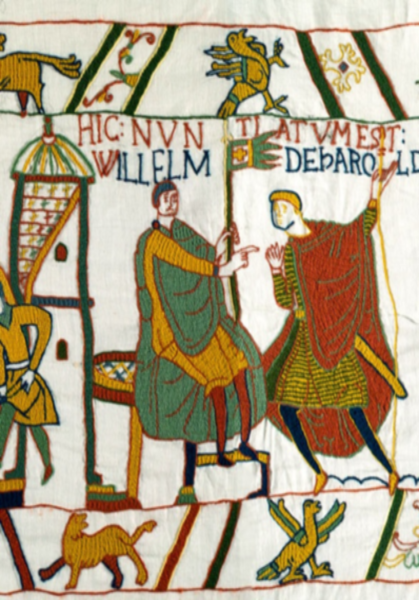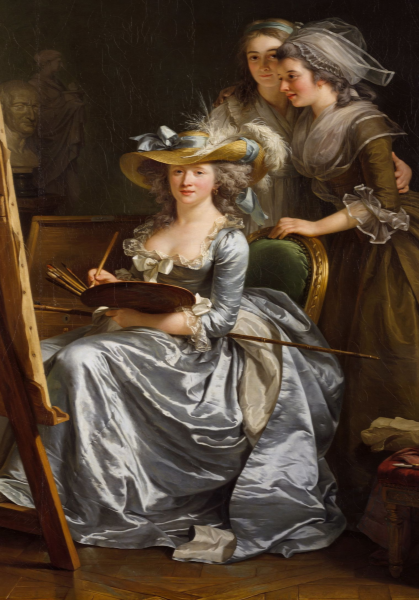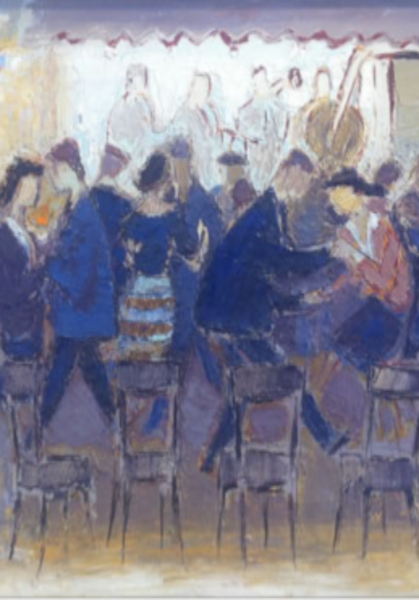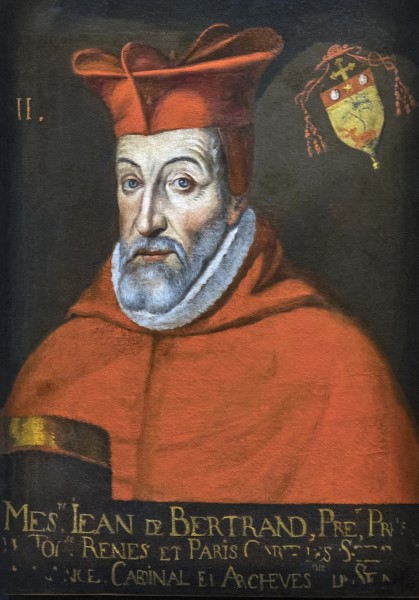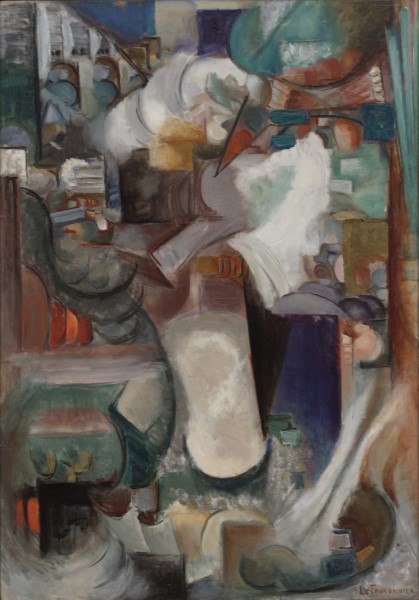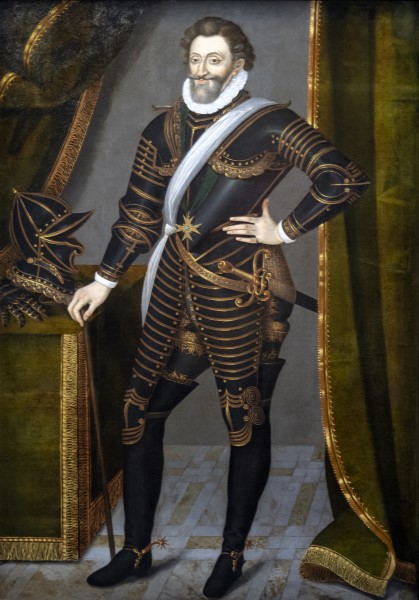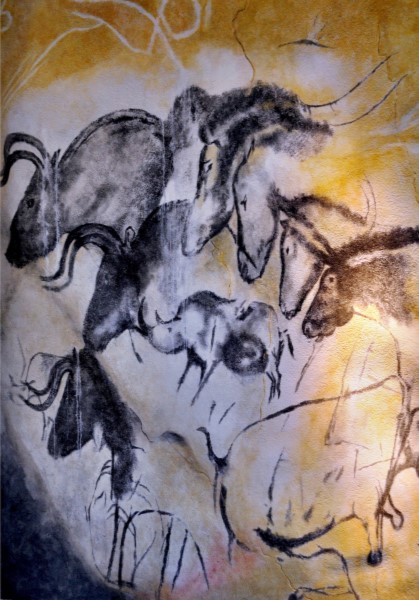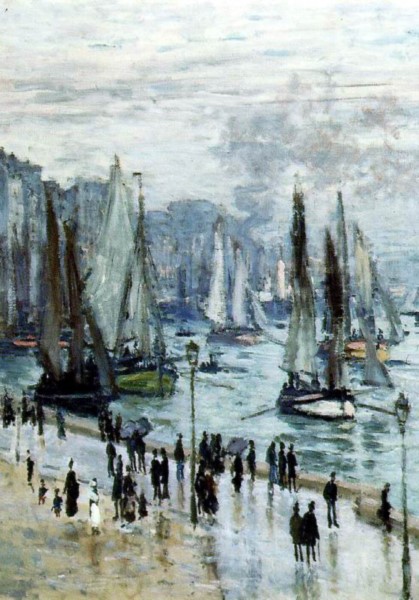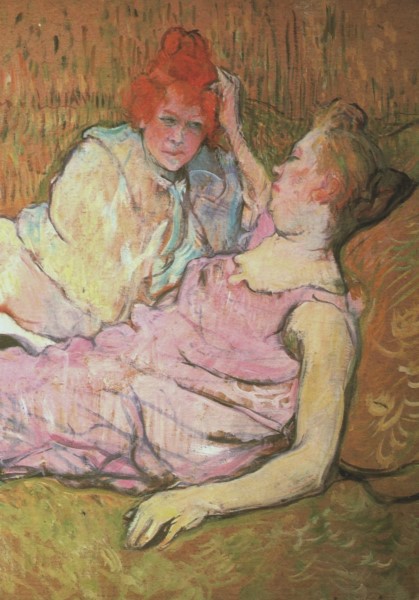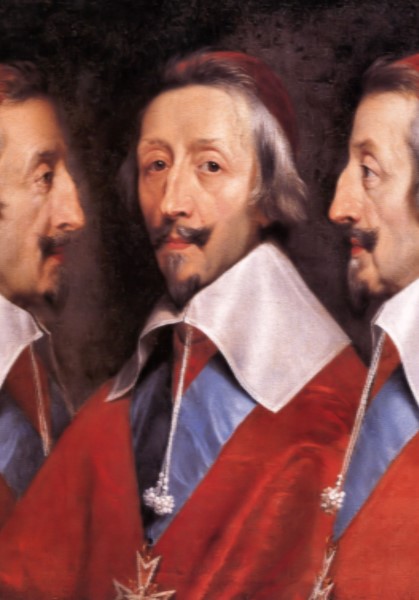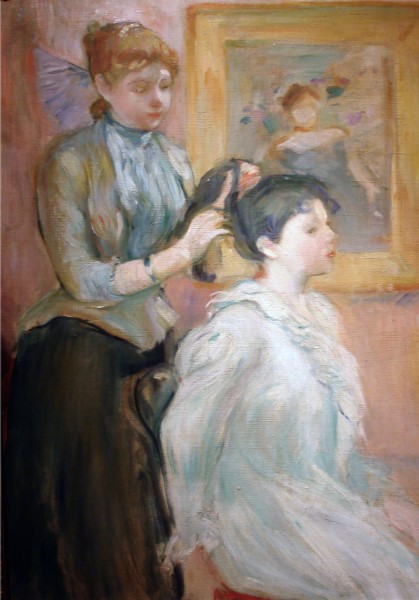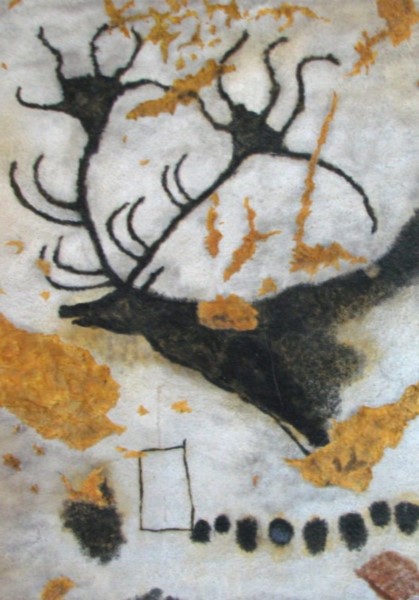The short essays in this forum are so diverse in themes and content as to beggar efforts at synthesis. Nonetheless, a single issue–the political importance of the army–appears in a number of guises. Annie Jourdan argues that in order to compensate for Napoleon’s glaring lack of legitimacy, images of him were designed to provide a historical legitimacy by using classical tropes and especially by casting his story as the adventures of a hero. At the heart of this heroic narrative was “le grande capitaine,” first in Italy and Egypt, then Austria, Germany, and Spain. His image made the transition from republican hero to republican emperor through changing depictions of him on the field of battle where he could be shown as both commander-in-chief and father of his people. Thus pictorially, his ascendance did not come through the seedy machinations of domestic politics. For this reason, Jourdan has nothing to say about images of Brumaire. In her analysis, the representational construction of the heroic adventures of “le grande capitaine” effectively elided the coup d’état. This was certainly true for the “feuilleton militaire en peinture”, but Brumaire itself turned out to be essentially a military adventure.
Although contemporary propaganda ensured that the seizure of power became known as the coup d’état of 18 Brumaire VIII, Malcolm Crook emphasizes the recourse to military force to overcome politicians’ protests on 19 Brumaire. Bonaparte’s ability to enter the revolving door behind the politicians and yet emerge ahead of them (to use Isser Woloch’s image) was obviously due largely to the essential part the army played in executing the coup. No wonder, then, that in “world historical” terms, Brumaire has always epitomized the sudden intervention into politics of a man on horseback. This general view fits well with Crook’s belief that participation in democratic politics was not necessarily in “terminal decline” before Bonaparte ended the experiment. On the other hand, Woloch thinks it best to avoid extrapolating from the Directory and projecting its development into a more mature democracy. I go even further, suggesting that Brumaire was merely another step, and not the most decisive one at that, on the road to liberal authoritarianism and a security state. In my view, politicians had already stripped the governance structures of most of their democratic features and had come to rely on many men on horseback to maintain the republic both at home and abroad. 19 Brumaire was not, therefore, the start of a military dictatorship, nor was it even the beginning of a militarized republic. In fact, by the time Bonaparte seized power, most Frenchmen experienced the republic as a polity that privileged war over democracy. Coercive mobilization and the glorification of arms had a greater impact than holding elections or living under a so-called rule of law. In this respect, Brumaire made little difference.
The republic was founded on a war emergency and only military expansion enabled it to survive as long as it did. Bonaparte acknowledged this fact in exile on St. Helena, stating that “the Directory was overpowered by its own weakness; to exist it needed a state of war as other governments need a state of peace.”[1] He knew what he was talking about because his regime lived by the same rules. Even when the Empire was at its zenith he remarked, “My power is dependent on my glory, and my glory on my victories. My power would fall if I did not base it on still more glory and still more victories.”[2] The revolutionary and Napoleonic periods have usually been treated separately, thereby obscuring important evolutionary continuities. In my first essay I suggested that Brumaire was not the decisive turning point for democracy in France; here I suggest that treating it as a major break with the revolution has diminished the importance of continuous warfare in determining the shape of the post-revolutionary settlement.
The “municipal revolution” of 1789 created bourgeois militias across the country. Although they soon became units of the National Guard, they were really expressions of the new power structure at the communal level. The revolutionaries’ rupture with the church displaced Sunday mass and religious processions as the traditional expressions of communal solidarity. This made service in the National Guard one of the few approved ways to embody the local community. Fear of war made the National Guards into a critical nexus between hundreds of urban communities and the revolutionary state. The 200,000 volunteers drawn from the National Guard in 1791 and 1792 were recruited, organized and equipped by local authorities. Much vaunted as citizen-soldiers by contemporaries and historians alike, nonetheless, these volunteers remained tangible expressions of localism. Their collective identity, more than their individual one, made national guardsmen recruited into the line army a critical factor in the transition to the modern French state-nation.
It was only after France became a republic that mobilization for war began rapidly to erode communal solidarity. When the fledgling republic resorted to the levy of 300,000 in early 1793, community leaders were forced to choose between collective resistance and conscripting unpopular or marginal members of the community. The levée en masse completed this rupture between the revolution and communities. Henceforth, the revolutionary state, experienced directly as coercive military force, took precedence over the democratic institutions of local government. The levée en masse of 1793 was the first universal conscription in European history, and yet it was a one-time event. The Jourdan law of 1798 provided the basis for routinized conscription, but this is not generally considered one of the Directory’s major achievements. Woloch considers it a cruel irony that military conscription became the Napoleonic regime’s “foremost civic obligation.” In fact, this was true from the early days of the Republic. Elsewhere, Woloch has convincingly argued that the Napoleonic regime’s greatest domestic achievement was to inculcate conscription into the French nation.[3] It should be emphasized, however, that this was but one aspect of the militarization of society during the revolutionary and Napoleonic years.
Woloch’s call for more research on the process of militarizing society is amplified by Annie Jourdan’s emphasis on images of military glory as a surrogate political legitimacy, Malcolm Crook’s insistence on the military intervention of 19 Brumaire, and my own work on the consequences of escalating military repression during the late republic. In this respect as well, Brumaire appears less a rupture than an intensification of a process already well underway.
NOTES:
[1] Quoted in Denis Woronoff, The Thermidorian Reaction and the Directory,1794-1799, trans. Julian Jackson (Cambridge, 1984), 167. [2] Quoted in Geoffrey Ellis, Napoleon (London, 1997), 192. [3] The New Regime (New York, 1994), 380-433.
Copyright 1999, H-France and Howard G. Brown




